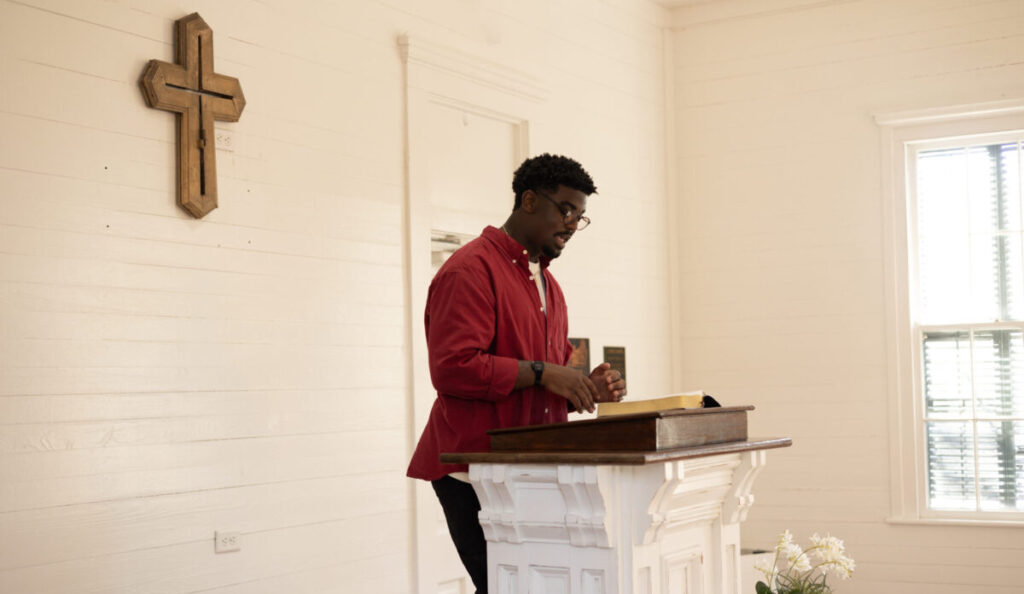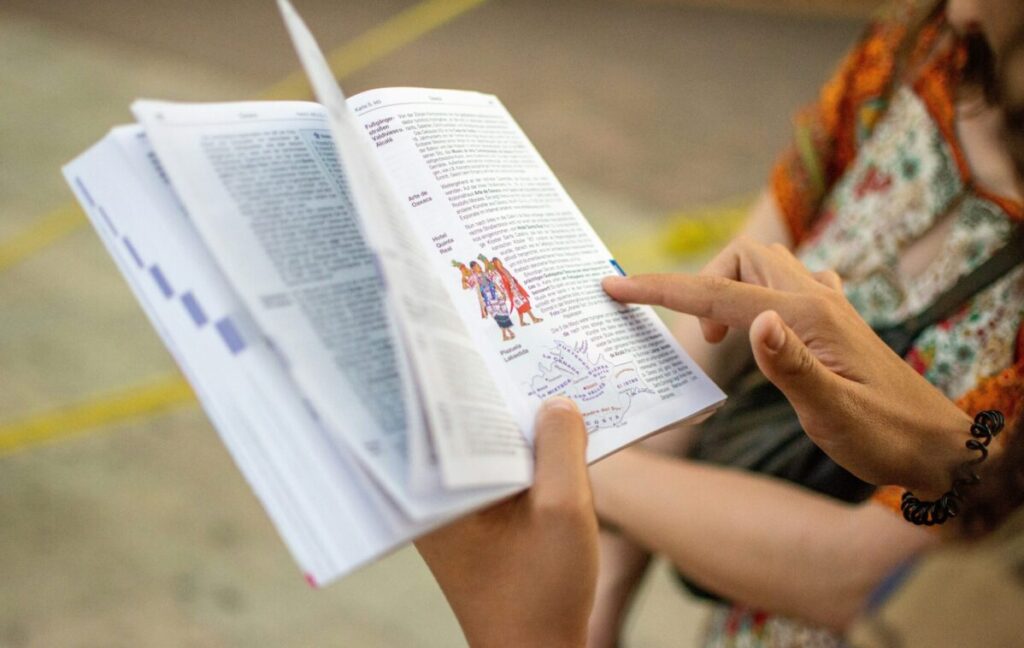In the midst of the most prosperous U.S. economy in history, the 1000 presidential campaign hinges in large part on the concern, shown in poll after poll, that America has lost its moral compass – and on voters’ perceptions of which party can best point the country toward true north.
Both Republicans and Democrats have dissected the surveys and carefully tailored their messages in an effort to win a national referendum on faith, values and character. The wholesome appeals aren’t aimed at the religious right, but at the morally anxious middle and the swing voters – most of them women – who could determine the election’s outcome.
The contest pits Vice President Al Gore, a Southern Baptist family man trying to escape the lingering shadow of President Clinton’s sex and lying scandal, against the born-again Texas Gov. George W. Bush, who preaches a gospel of “compassionate conservatism” in contrast to the less-forgiving tone of Republicans past.
Equal Billing
Add a Democratic running mate, Sen. Joseph Lieberman of Connecticut, an Orthodox Jew who gives “Silver Sewer” awards to Hollywood’s worst moral offenders, and you have the makings of a campaign for piety as well as for president.
“Elections of the past have been based mainly on the economy,” said John C. Green, director of the Ray Bliss Institute of Applied Politics at the University of Akron in Ohio, “But this time around, values questions may get equal billing.”
Religious conservatives, who were mostly muzzled at the Republican National Convention, ate delighted to see more values-laden issues on center state, even if they’re advanced by Democrats.
“This shifts the whole debate on these issues radically to the right, in my opinion,” said Free Congress Foundation president Paul Weyrich, who in the past has lamented the faltering political influence of the religious right. “Whereas these were the unspoken issues before, they suddenly have become central to the discussion.”
The issues aren’t about hard values, such as abortion and gay rights, which tend to divide, but softer values that have the potential to unite over topic such as community, fatherhood, media sex and violence and an overarching need for responsibility during booming economic times. Thus the bush slogan: “prosperity with a purpose.”
Republicans, long associated with religion and the accusation that they viewed the GOP as “God’s Only Part,” have already seen Bush tone down judgmental rhetoric, replacing it with lofty statements about an American moral ideal that indirectly indicts Clinton and implicates Gore.
Meanwhile, the gore campaign has long had its own strategy on morality and the uncomfortable subject, especially for liberals, that often shapes it – religion. In a statement of candor, Elaine Kamarck, Gore’s senior policy adviser, revealed the intent more than a year ago when she told the Boston Globe, “The Democratic Party is going to take back God this time.”
Topics such as the environment and race are being couched in spiritual terms. The new Democratic platform asserts that “Democrats believe that God has given the people of our nation” a mission for racial and ethnic unity. And Gore stresses environmentalism as a responsibility to take care of God’s creation, as he has since writing his 1992 book, “Earth in the Balance.”
In his acceptance speech at the Democratic National Convention, Gore basked in the economic accomplishments of the last eight years, but said, “there’s something at stake in this election that’s even more important than economic progress. Simply put, it’s our values: it’s our responsibility to our loved ones, to our families.”
For decades, the Gallup poll has been asking Americans, “What is the most important problem facing this country today?” The most recent response came in late June, when the leading answer was ethics, morality and family decline, cited by 14 percent surveyed. That ranked ahead of crime and violence (12 percent), education (11 percent) and health care (10 percent).
Other polls have shown the same concern about values for more than a year now, with politicians taking notice, even if the media haven’t highlighted it with the prominence given other issues.
“One way to think about this,” said Green “is that when the economy is good and we have peace abroad, people have the luxury to think about the quality of their lives. Morality is an important part of quality of life.”
Shaune Henry, an Almond, N.Y., mother of four children ages 5 through 15 and busy real estate agent, has plenty to worry about, despite the healthy economy. She worries about keeping her kids away from drugs and alcohol, and is concerned about the values that the culture models for her children.
Barbara Whitehead, a Democratic policy analyst from Amherst, Mass., has written on family issues and sees widespread worry.
“As I see it, the source of this general anxiety over morality is rooted in a specific and legitimate concern over the raring of children and teenagers and the may adverse forces that shape their environment,” Whitehead said.
“This concern is most acute among the over 65-year-olds, a big segment of the grandparent population and parents. Both groups rank high among likely voters,” she added.





Share with others: